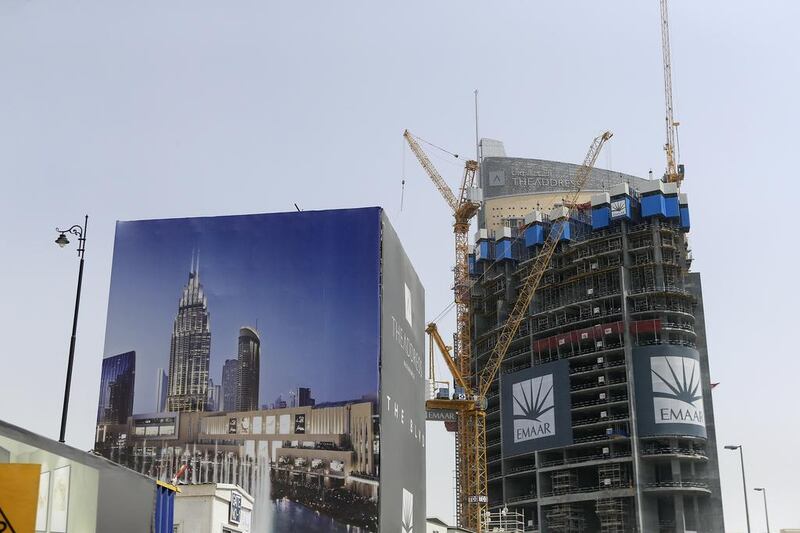The index compiler MSCI has announced that nine UAE companies are being added to its benchmark emerging-markets index.
In a release shortly after 10pm Wednesday night UK time, MSCI said the companies are:
• Abu Dhabi Commercial Bank
• Aldar Properties
• Arabtec
• DP World
• Dubai Financial Market
• Dubai Islamic Bank
• Emaar Properties
• First Gulf Bank
• National Bank of Abu Dhabi
MSCI’s picks, mostly banks and financial service companies, will come as no surprise as these stocks are among the most liquid, largest and most open to foreign investment. Investors often like to buy into banks as proxies for the wider economy. And in the UAE that’s even more of a popular strategy given that few hydrocarbon related companies, the engine of most of the economy here, are publicly traded.
While Etisalat, the country’s biggest telecommunications company, is listed it is not available to foreign investors and so is ineligible for the MSCI indexes.
In neighbouring Qatar, it was more of the same for the stocks selected: of the 10 selections, five are banks.
The picks for Qatar are:
• Al Rayan Bank
• Barwa Real Estate
• Commercial Bank of Qatar
• Doha Bank
• Ooredoo (telecoms)
• Qatar Electricity & Water
• Qatar Industries
• Qatar Islamic Bank
• Qatar National Bank
• Vodafone Qatar
Since the announcement last June that the UAE would join the emerging-markets index, which has more than 800 listed companies in 21 markets across the developing world, UAE stocks have rallied in anticipation.
Dubai’s main stock measure has risen 126 per cent, Abu Dhabi’s 40 per cent.
This year alone, Dubai’s equity benchmark has soared 58 per cent, making it the world’s best performing stock index. Last year it more than doubled, propelled not just by the index upgrade but also by improving economic indicators. The rich valuations may make some fund managers cautious of being over exposed to UAE assets. Still, about US$1 billion will flow into UAE stock markets from foreign index trackers alone as a result of the upgrade to emerging market, according to HSBC.
By contrast to UAE stocks, emerging markets as a whole have not fared as well over the past year and a half. The MSCI Emerging Markets Index, which bundles stocks from developing nations including Brazil, Egypt, Turkey, India, Russia, China and Indonesia, has gained just 2 per cent so far this year.
Last year it dropped 5 per cent amid political and economic turmoil in many of its countries, leaving many bargains in its wake. That may make active fund managers – those who do not have to follow benchmarks – more keen to look for cheaper stocks than those in the UAE.
Emerging-market stocks as a whole have a price-to-earnings (PE) ratio of 12.1, versus 21.2 for Dubai stocks and 14.7 for Abu Dhabi equities. (Qatar is also being upgraded to emerging market status and is considered less expensive than the UAE by a number of analysts.)
The PE ratio is an important gauge for investors. It measures stock prices in relation to earnings – the higher the ratio, the greater the gap between stock prices and underlying profits.
On a broader scale, the UAE market is underpinned by the country’s strong economic fundamentals. GDP growth exceeded 4 per cent last year. Government infrastructure spending and low interest rates have lifted corporate earnings.
Still, while recognising the qualities that mark the UAE from other emerging markets – such as a current account surplus and a currency that is pegged to the US dollar – banks including HSBC, which has a neutral rating on UAE stocks, are worried that the economy might be at risk of overheating in the long run amid cheap financing. The interest rate at which banks in the UAE lend to each other are hovering at eight-year lows.
mkassem@thenational.ae





